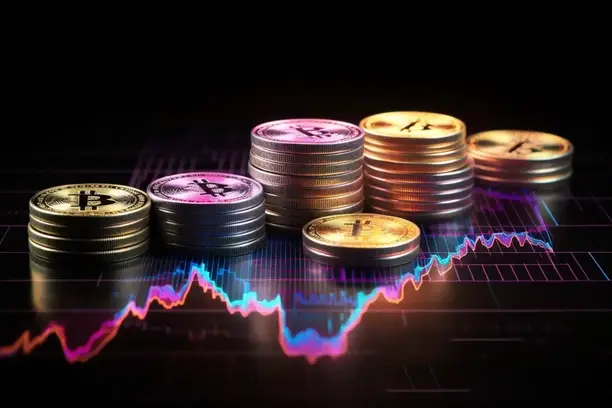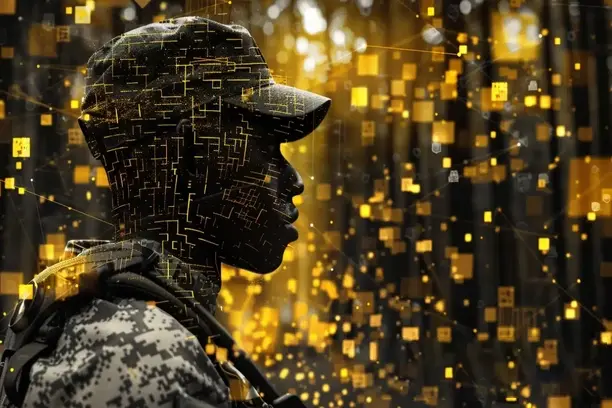In recent years, blockchain gaming has received a lot of attention from players and investors as an emerging field of digital entertainment. With the development of this industry, it has also triggered a lot of discussions about its legality and risks. This article will analyze in detail whether blockchain games are legal, discuss the legal regulatory environment it faces and the legal risks it may bring, and give corresponding response suggestions. It is hoped that through this article, you can have a clearer understanding of the legal issues of blockchain games and make careful decisions.

Concept and background of blockchain gaming
Blockchain games, as the name suggests, are game systems built using blockchain technology. In this kind of game, players can not only experience the fun of traditional games, but also obtain real digital assets, such as virtual items and cryptocurrencies, through blockchain technology. Transactions of these assets are usually conducted through smart contracts and decentralized platforms, and players can freely trade, sell or hold them.
This innovative gaming model brings a brand new concept of "digital assets", where assets in blockchain games have a unique and provable ownership. This makes blockchain games significantly different from traditional online games, and makes them the center of attention for many investors and players.
Are blockchain games legal?
Legal and regulatory environment
The legality of blockchain games is closely related to countries' attitudes towards blockchain technology and cryptocurrencies. Globally, the legal regulations of different countries vary widely, and the legal risks are particularly prominent when it comes to cryptocurrencies, digital assets and cross-border transactions.
- China's legal attitude
In China, regulatory policies involving cryptocurrencies are stricter, despite the fact that blockchain technology is widely used in various industries. The Chinese government has made it clear that all forms of cryptocurrency trading and ICOs (Initial Token Offerings) are prohibited. This also means that blockchain games involving cryptocurrency and token trading may face legal restrictions if they do not receive relevant approvals. - Legal environment in other countries around the globe
Unlike China's policies, certain countries have more relaxed regulations on blockchain and cryptocurrencies. For example, some European countries, some U.S. states and Singapore are actively promoting the development of blockchain technology, while giving a certain degree of legal support to blockchain games. With the increasing improvement of regulatory policies, the attitude of these countries towards blockchain games may change in the future.
Does the game comply with the relevant laws?
Blockchain games are not illegal per se, and the question of their legality involves two main aspects:
- Cryptocurrency and Token Compliance
If the game design involves the trading of cryptocurrencies or tokens, then it needs to ensure that the issuance of these assets, and trading of these assets, complies with the financial regulations of the country in which it is located. For example, certain countries require that any activity involving the issuance of tokens must be legally registered or approved by a regulatory body, otherwise it may constitute illegal financial activity. - Intellectual Property Protection
Virtual items or digital assets in blockchain games are usually designed by the game developer and distributed through smart contracts. Developers need to ensure that these assets do not infringe on the intellectual property rights of third parties. The creation of content for blockchain games should also comply with copyright laws and should not be stolen or plagiarized from others' works.
Potential Risks in Blockchain Gaming
legal risk
One of the biggest risks of blockchain gaming lies in the lack of clarity on the legal regulation it may face, especially when it comes to the legality and circulation of virtual assets when transactions are made between players and developers. With the rapid development of the technology, the lag in laws and regulations is particularly evident in certain countries.
- Illicit financial flows risk
Blockchain games, due to their decentralized nature, may become a hotbed for illicit money flows. In particular, some players are transferring or laundering money by purchasing virtual assets in the game and then transferring or laundering them through cryptocurrencies, and these behaviors may attract the attention of regulators. - Regulatory policy changes
As mentioned earlier, blockchain policies and cryptocurrencies are regulated with different attitudes from country to country, and the ever-changing policies may expose some existing blockchain games to sudden legal risks. For example, certain games that conduct ICOs or token offerings without regulatory approval may be recognized as illegal fundraising.
Technology and security risks
In addition to legal risks, the technical aspects of blockchain gaming also have some potential risks.
- smart contract vulnerability
Blockchain games rely on smart contracts to ensure the fairness and transparency of transactions, but if there are loopholes in the smart contracts themselves, they can be hacked, resulting in the loss of player assets. For example, the "DAO incident" in 2016 caused millions of dollars to be stolen due to smart contract vulnerabilities. - Hacking Risks
Although blockchain has strong security, due to the characteristics of decentralized platforms, once the platform is hacked, it is difficult to recover players' funds and virtual assets. Blockchain game developers and platform providers should strengthen the security of their systems to prevent hacking.
How to deal with the legal and security risks of blockchain gaming?
For players, understanding and complying with the laws of the country in which they are located is the first and foremost prerequisite for participating in blockchain games. Players should remain cautious and avoid over-investment and blindly following the trend. When choosing a game, players can refer to the following suggestions:
- Choose blockchain games with formal backgrounds and legal compliance, and avoid participating in those suspected of illegal fundraising and unapproved token issuance.
- Focus on the security of the game to ensure that there are no obvious vulnerabilities or historical security incidents with the game platform and smart contracts.
- After acquiring virtual assets in a game, you should be cautious about trading and withdrawing them to avoid unnecessary legal problems caused by improper flow of funds.
It is also critical for developers to ensure that their games are compliant and secure. Developers can mitigate legal and technical risks in the following ways:
- When designing games, ensure that the issuance and trading of cryptocurrencies comply with local financial regulatory requirements and apply for relevant licenses in a timely manner.
- Strengthen technical protection, conduct regular security audits of smart contracts, and update and fix potential vulnerabilities.
- Actively cooperate with government regulatory policies to ensure the operation of the game and the safety of player assets.
summarize
Overall, the legality of blockchain games, as an emerging form of digital entertainment, needs to be analyzed in the context of the policy environment of a specific country. Although the blockchain game itself is not illegal, when it involves cryptocurrency and virtual asset transactions, developers and players must fully understand the relevant legal regulations and avoid possible legal and technical risks. In the future, with the development of blockchain technology and the gradual improvement of regulatory policies, the legality and safety of blockchain games are expected to be further safeguarded.







